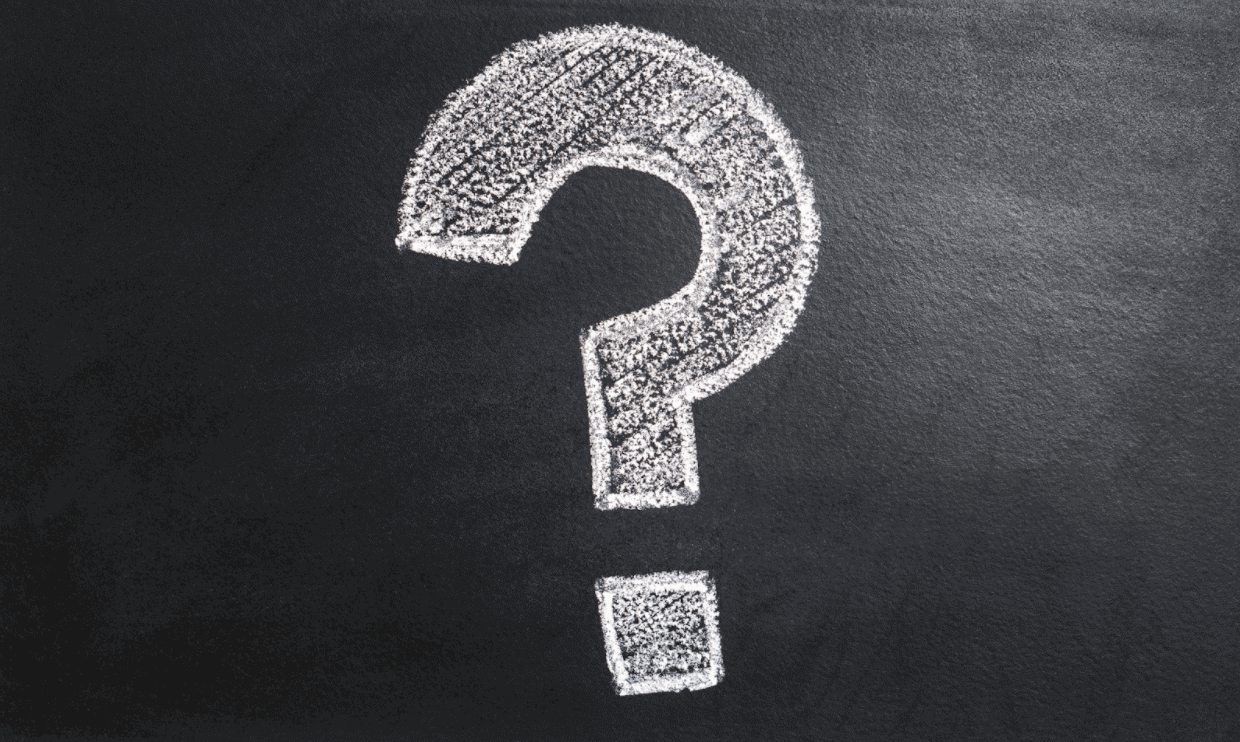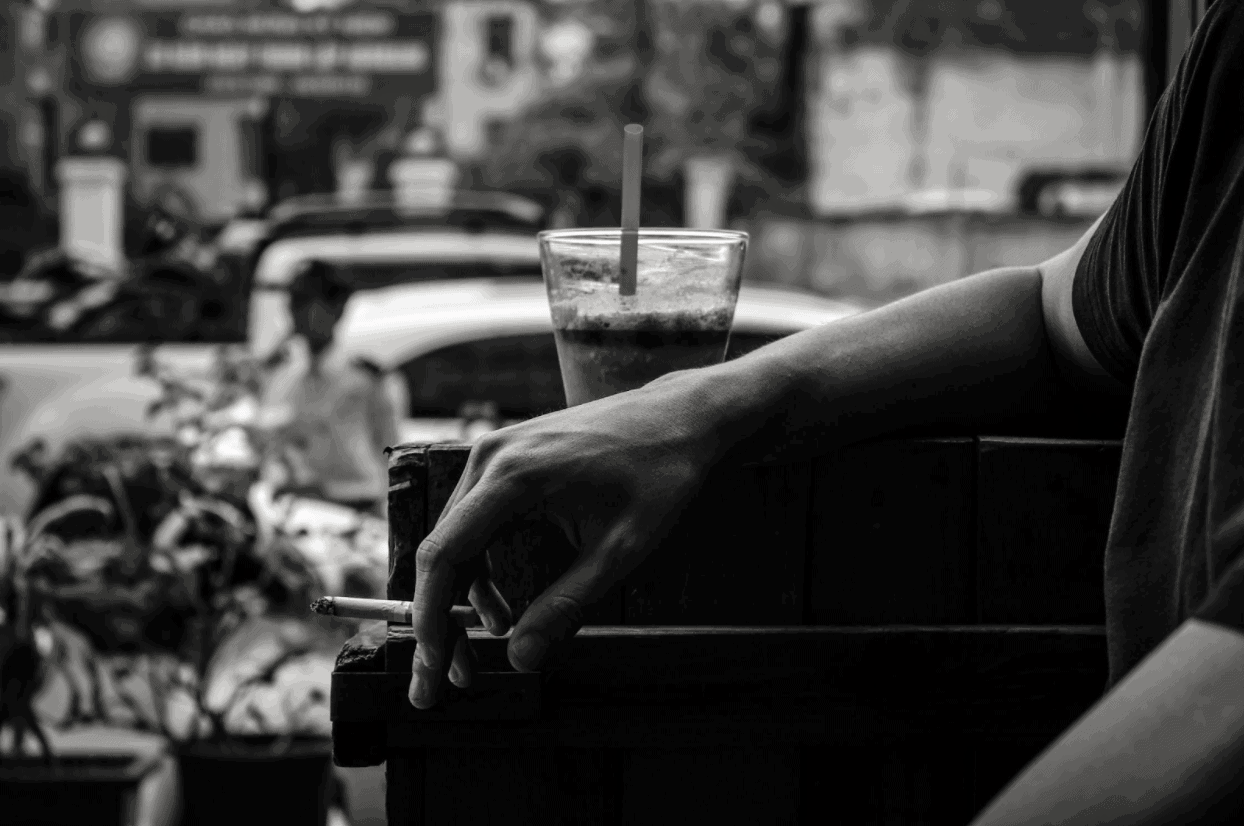A drug is any substance that causes a change in an organism’s physiology or psychology when taken into the body. Drugs are typically different from food and substances whose primary purpose is to provide nutritional support. People can consume drugs via inhalation, injection, smoking, ingestion, absorption via a patch on the skin, or dissolution under the tongue. Drugs can be legal (e.g., alcohol, caffeine, sugar, and tobacco) or illegal (e.g., cannabis, ecstasy, cocaine, and heroin).
What is a Drug Addict?
A drug addict is someone who has a psychological and physical inability to stop consuming a chemical, drug, activity, or substance, even though it is causing mental and physical harm to self and others. Drug addiction is also a relapsing disease which means it can recur after quitting even.
Are all Americans Drug Addicts?
Across most generations, genders, and demographics in the United States, drug use has increased significantly. American drug addiction has reached alarming levels whether discussing heroin, prescription drugs, marijuana, or synthetics. Addiction kills thousands of Americans every year and impacts millions of lives, destroying marriages, friendships, and careers and threatening a person’s health and life security.
According to the National Survey on Drug Use and Health (NSDUH) conducted by National Institute on Drug Abuse, approximately 19.7 million American adults (aged 12 and older) struggled with a substance use disorder in 2017. About 8.5 million American adults suffered from mental health disorders and substance use disorders or co-occurring disorders.
Why Do People Use Drugs?
People use drugs for various reasons. Some of these include:
- To have fun and relax or as a form of escapism
- Out of curiosity
- To celebrate or commiserate
- To relieve boredom and stress
- Self-medication to cope with problems
- Family influence or peer pressure

Signs and Symptoms of Drug Addiction
If you’re worried that you or a loved one may have an illegal drug addiction, there are signs to help you know:
- Intense cravings
- Depression/ anxiety
- Withdrawal symptoms
- Physical dependence/ inability to stop using drugs
- Engaging in increasingly harmful behaviors
- Drug-seeking behaviors
- Financial trouble related to drug use
- Neglecting responsibilities
- Changes in appearance
- Isolating behaviors
Psychoactive drugs adversely affect the central nervous system and change a person’s mood, thinking, and behavior. Psychoactive drugs are divided into four categories:
- Depressants
- Stimulants
- Hallucinogens
- “Other”
What are the Ten Most Addictive Drugs?
The addiction effect depends on the type of drug used, the amount used, and the length of time the drug(s) has been used. Some drugs are more physically addictive, while others are mentally or socially addictive. Here is a list of the ten most addictive drugs in the United States:
Sugar – Over 400 million addicted
Caffeine – Over 200 million addicted
Tobacco Products (nicotine) – Over 40 million addicted
Alcohol – 18 million addicted
Marijuana – 4.2 million addicted
Painkillers – 1.8 million addicted
Cocaine – 821,000 addicted
Heroin – 426,000 addicted
Benzodiazepines – 400,000 addicted
Stimulants – 329,000 addicted

It is important to note that addiction is not only limited to drug and alcohol abuse. Caffeine is one of the most popular drugs, with average consumption estimated to be 70 mg per person in one day. Likewise, sugar consumption is another rampant addiction in the U.S. The average American consumes about 20 teaspoons, or 80 grams, of sugar per day, making it highly addictive for people. Although not generally considered severe as many other addictions, sugar and caffeine addiction can cause various serious health risks.
Are there any Drug Addiction Treatments?
Drug addiction and drug dependency can be treated because addiction is a chronic disease; individuals can’t simply stop using drugs for a few days and be cured. There is no single treatment that’s appropriate for everyone. Most clients need customized long-term or repeated care, often under medical supervision, to stop using drugs entirely and recover their lives.
Many options have been successful in treating drug addiction like:
- Behavioral therapies and support groups
- Medication Assisted Treatment
- Medications and devices used to treat withdrawal symptoms
- evaluation and treatment for co-occurring mental health issues like depression and anxiety
- long-term follow-up to prevent relapse
Pacific Sands Recovery Center offers comprehensive inpatient drug rehab care. Our clinical team at the treatment center will guide you through individualized treatment plans that address your challenges with substances and other underlying factors contributing to your addiction.
Drug addiction and alcohol abuse can be frightening. What’s more intimidating is when you’re battling a substance use disorder or an alcohol use disorder, and you don’t have a solution to the problem. Whether it is for yourself or a loved one, our recovery center is here to provide the medical attention and the tools needed to achieve drug-free sober living.
For more information on substance abuse treatment, speak to a care coordinator now! Call: 949-426-7962. We understand what it’s like to be affected by addiction, and we are here to help.
